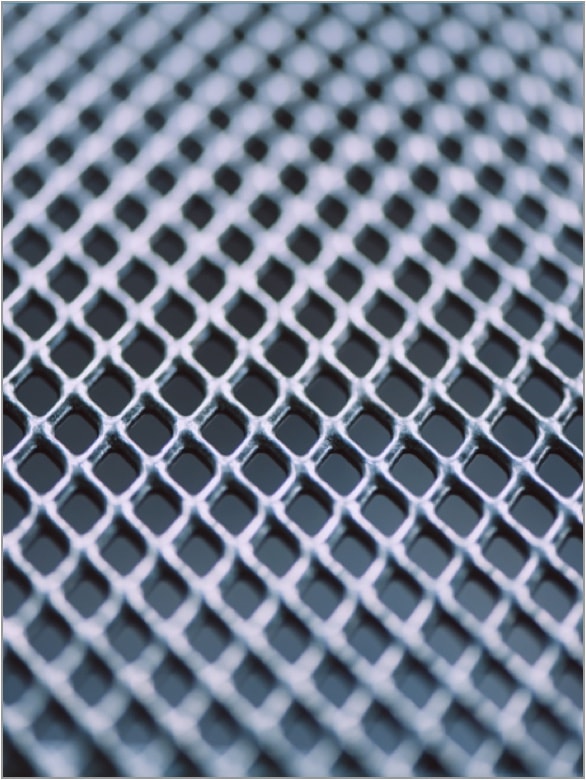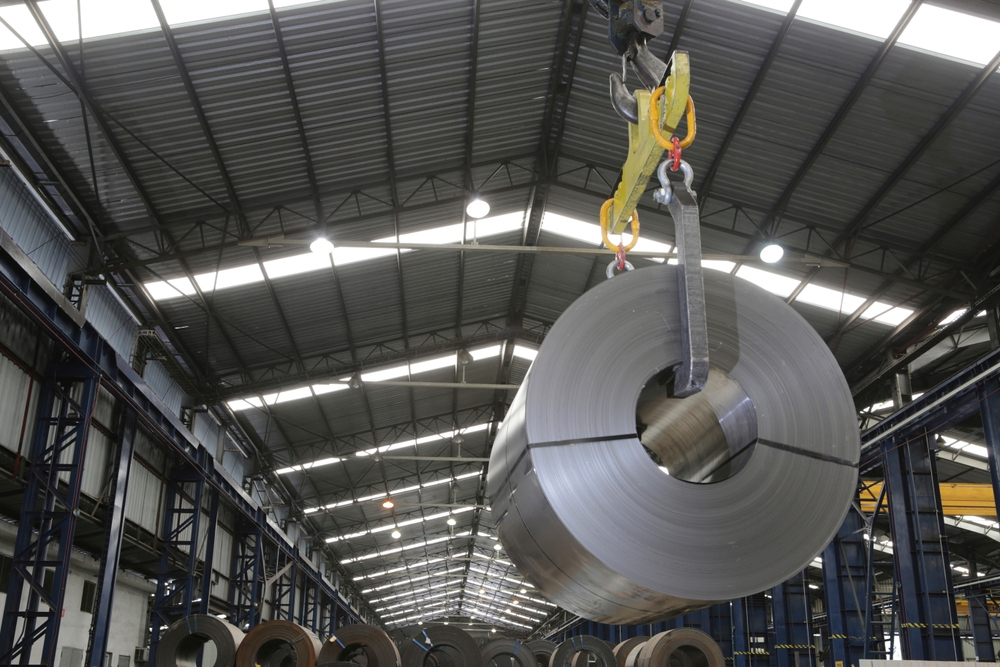Aluminum is one of the most used materials in the world. That's why it's normal to ask if aluminum is corrosion resistant. Its importance lies in the fact that it is the most abundant metal, making up about 8% of our planet's crust.
This is a very versatile metal and for this reason, it is the second most used metal after steel. Among its many applications, it is used in the automotive industry, in construction and in the manufacturing of appliances.
Since it is produced on an industrial scale, the global demand for aluminum has increased rapidly, now reaching around 29 million tons per year. Of this, 22 million tons are virgin aluminum and 7 million tons are recycled from metal scrap. That's why at Ulbrinox we will give you more information about whether aluminum is corrosion resistant!
Aluminum is indeed corrosion resistant
According to the Aluminum Association, nearly 75% of all aluminum ever produced is still in use today. This is proof of aluminum's recyclability. In addition, aluminum is corrosion resistant.
Aluminum is capable of maintaining its value throughout the production chain. In fact, the Aluminum Association itself says that aluminum is 100% recyclable and retains its properties indefinitely.
At Ulbrinox we are suppliers of aluminum and stainless steel. We offer you the highest quality of these metals. Also, we invite you to check out all the articles available on our metals blog. Get a quote from us!
What is corrosion?
Corrosion occurs naturally when nature tries to return metals to their original, stable, and oxidized state. The degree and severity of the corrosion that occurs over time is a function that depends both on the material and the operating environment.
Corrosion is a deterioration caused by environmental elements. In any case, the corrosion of aluminum can occur gradually over weeks, months, or even years. Given enough time, aluminum products can develop large holes due to corrosion.
This means that it can put many people's lives at risk. In addition, the quality of the constructions or products may decrease. We recommend you find a good aluminum supplier like Ulbrinox.
Why is aluminum so resistant to corrosion?
Aluminum has a level of corrosion resistance and in general, its alloys also enjoy excellent resistance. Aluminum in its natural state, commercially pure or 1xxx aluminum, has the best corrosion resistance.
However, caution must be exercised because this quality is compromised when alloys are added. Especially copper and iron, but also magnesium or zinc. Here we list the alloy elements used to achieve the desired properties.
Alloy group | Main alloy element | Resistance | Ductility | Corrosion resistance | Weldability | Anodizing |
1xxx | None | Low | High | High | High | Very high |
2xxx | Copper | Very high | Low | Low | Low | Low |
3xxx | Manganese | Low + | High | High | High | High |
5xxx | Magnesium | Medium | Medium | High | High | High |
6xxx | Silicon/Magnesium | Medium | Medium | High | High | Very high - high |
7xxx | Zinc/Magnesium | High | Low | Medium | Medium | Medium |
7xxxCu | Zinc/Magnesium/Copper | Very high | Low | Low | Low | Low |
These elements, when added in small percentages, give the metal desired properties for commercial use. They help provide resistance, ductility, weldability, machinability, corrosion resistance, and others.
This is because there is a certain degree of predictability in property changes between different alloy groups. These are often used in different industries and have various applications around the world.
How does aluminum oxidation relate to corrosion resistance?
Paradoxically, the oxidation of aluminum is a fundamental part of its corrosion resistance. Aluminum has a great affinity with oxygen. So when a new aluminum surface is exposed to any oxidizing agent, it reacts.
When aluminum is exposed to any oxidizing agent or in the presence of air, it develops a thin, hard film of aluminum oxide. This oxidation of aluminum is precisely what makes aluminum so resistant to corrosion.
In chemical terms, this film is relatively inert. The corrosion resistance of aluminum is based on the surface inactivity of aluminum or hydrated oxide. When this surface film is dissolved, corrosion occurs.
On the other hand, when the film suffers localized damage and cannot self-heal, a type of corrosion occurs that we will call localized.
Which alloys have the best corrosion resistance?
It's important to know that at Ulbrinox we have a guide to the most used aluminum alloys. Here is a list of the best alloys that resist corrosion.
- Alloy 1100: the grade of this aluminum is commercially pure. It has excellent corrosion resistance and is common in the chemical and food industries. Otherwise, it is a soft and ductile metal with excellent workability.
- Alloy 3003: is the most common of aluminum alloys. It is commercially pure aluminum with a 20% increase in strength thanks to the addition of manganese and copper.
- Alloy 5052: is a very popular alloy because it has the highest strength of all non-heat treatable grades. It is especially common in marine and saltwater environments for its corrosion resistance. It has excellent workability and is easy to stretch or mold into complex shapes.
- Alloy 6061: is the most versatile of the heat-treatable alloys, for its corrosion resistance, its workability when annealed, and its weldability. The 6061 alloy can be found in products and applications that require a trifecta of good looks, better corrosion resistance, and good strength.
- Alloy 6063: is often known as an architectural alloy for its high tensile strength, great finish, and high corrosion resistance. This alloy is present in interior and exterior architectural fittings and trims. It is frequently anodized.
At Ulbrinox we are experts in aluminum and stainless steel. Remember that if you want to know more about the styles of aluminum alloys you can check out the blog. Go with the experts and get a quote.













